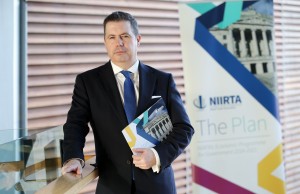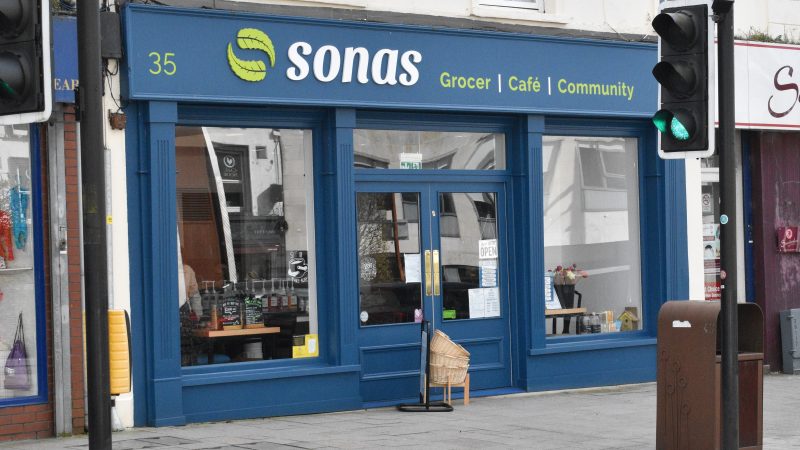Brexit vote leaves corp tax cut ‘difficult to justify’

The Ulster Bank’s chief economist has said the shock Brexit vote leaves Northern Ireland’s planned cut to corporation tax “difficult to justify”.
Responding to the unexpected referendum results, Richard Ramsey said NI’s flagship economic development policy “must now be in question”, and its potential value will need “revisited”.
Powers to reduce Northern Ireland’s corporation tax to align with the Republic of Ireland’s competitive 12.5 per cent had been granted in last summer’s UK budget, and was considered a hard-won victory for the Northern Ireland Executive.
However, Mr Ramsey said that, since the vote, the costings for a lowered corporation tax no longer applied.
“An introduction of a cut to 12.5 per cent, funded by the NI Executive, was hoped to bring tens of thousands of jobs into the economy, but this was predicated on Single Market access,” Mr Ramsey said.
“For many firms, market access trumps tax rates. There was resistance to funding the cut when the job creation benefits relative to cost were clearer. Now, even those who have been pro cutting corporation tax may find it difficult to justify the significant reduction in the Block Grant that might result.”
Mr Ramsey expressed skepticism over claims by some local politicians that leaving the EU would mean NI would not have to fund the rate cut alone.
“The Treasury may not want to gift NI this new policy lever for free,” he added. “It now has other, bigger issues to deal with.”
The economist also said exiting the EU will mean slower economic growth and a potential return to recession, accompanied by job losses and rising unemployment.
“Investment plans by companies will likely be postponed or cancelled which would hamper job creation and potentially mean that some staff would be surplus to requirements,” he said.
“A number of industries are reliant on workers from the rest of the EU, including the NHS, the hospitality sector, food producers and aspects of manufacturing, and the construction sector, for instance.
“The Leave campaign has focused heavily on immigration. Where will these industries source their labour from if the tap is turned down in relation to incoming skills?”
Confidence

The Northern Ireland Independent Retail Trade Association (NIIRTA) described the outcome as “disappointing” but urged the UK Government to create conditions for business confidence.
Its chief executive Glyn Roberts said: “While NIIRTA recommended remain, we accept the democratic decision of the people of the UK who voted to leave.
“The UK Government needs to produce a roadmap of a new trading arrangement with the EU Single Market and ensure that there is no hardening of our border with the rest of the island.”







